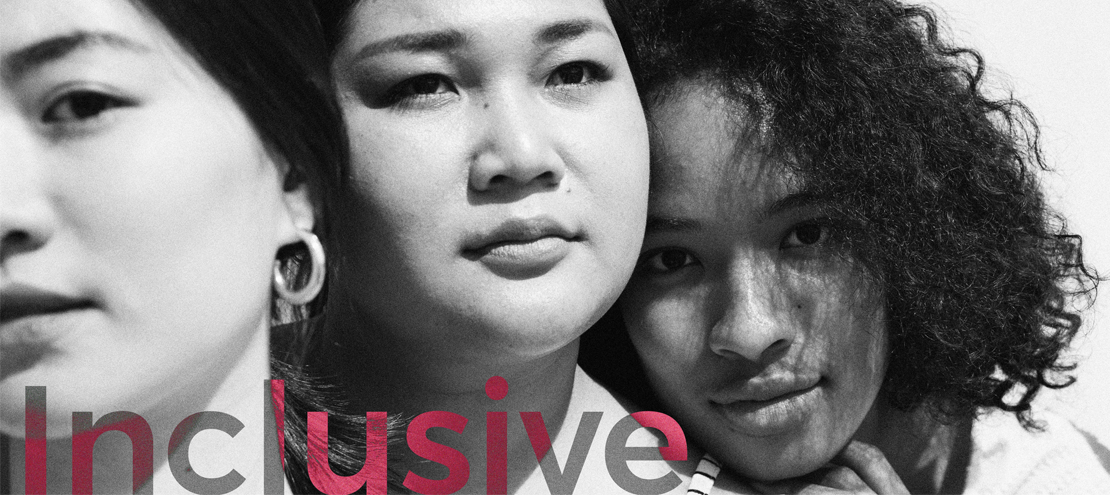What’s in this article:
- Modern consumers prefer companies that share their values
- Beauty brands are serving up plenty of inspiration on how to improve your brand’s diversity, equity, and inclusion efforts while still being authentic
It’s no secret that diversity and inclusion are core CRM values every brand should strive to follow. Not only is it the right thing to do, it’s good for business — modern consumers prefer companies that share their values. However, building a more inclusive marketing plan is easier said than done. Many brands have veered into embarrassing “woke-washing” territory, while others have been slow to adapt.
On the other hand, some brands upended the beauty industry by erasing long-held stereotypes of what “beautiful” looks like. For those wondering how to improve their diversity, equity, and inclusion efforts while still being authentic, beauty brands are serving up plenty of inspiration.
Become the best CRMer you can:
CRM Hack: Monitoring the User’s Heartbeat
What Does It Mean to Treat a Customer’s Email With Respect?
To Lock or Not to Lock Customers (into CRM Journeys)
What the Efforts to Promote Responsible Gaming Look Like Form the Inside
Removing “normal” from the lexicon
There’s no one right way to be beautiful. However, for far too long, beauty brands embraced a fairly singular ideal: thin hips, flowing hair, and flawless skin – almost always white. In March 2021, Unilever said no to these outdated stereotypes with a simple solution: removing the word “normal” from its packaging and advertising. As the parent company of brands like Dove and Axe, Unilever is no stranger to beauty marketing, so this represents a major step forward for the industry.
Here’s why it matters: according to Unilever’s research, 56% of people surveyed feel excluded by the beauty and personal care industry, and 74% want to see more of a focus on feeling better rather than just looking better. Brands, it’s time to take note: this is the future consumers want.
There’s no default skin color
When Fenty Beauty launched in 2017, it was immediately clear that this was no celebrity vanity project. Led by Grammy-award-winning singer Rihanna, Fenty Beauty went live with a then-unprecedented 40 shades of foundation, which has since grown even further. In an industry where “10 shades of beige foundation” was the all-too-common default for fledgling beauty lines, this had a ripple effect: soon established beauty brands like Revlon, Dior, and Cover Girl had expanded their foundation offers, and 40 became the magic number.
Forty also continued to be a magic number for Rihanna’s brand; Fenty Beauty went on to generate $100 million in just 40 days. By starting with a vast number of shades to match just about any skin tone, Fenty sent the message that its beauty offerings were for everyone, and customers responded in kind.

Inclusivity fosters loyalty
One only needs to look at the wild popularity of Fenty Beauty and other brands like Urban Decay, Glossier, and Cover Girl to realize that consumers respond positively to inclusivity. There’s also plenty of research to back it up; according to an April 2021 study:
- 63% of Americans are inspired by beauty brands that show diversity in advertising
- 56% believe “there are different ways to be beautiful.”
- 73% of consumers said they felt that the beauty industry plays on women’s insecurities
- 72% agreed that society’s idea of beauty is too rigidly defined
It’s time for the brands lagging behind on diversity and inclusion efforts to rise to the occasion and fulfill consumers’ increased desire to feel included. Seeing how beauty brands are changing the game is just the first step — it’s up to marketers to figure out how to apply these strategies to their own industries.

The post How Beauty Brands Are Leading the Marketing Industry to a More Inclusive Future appeared first on Post Funnel.



